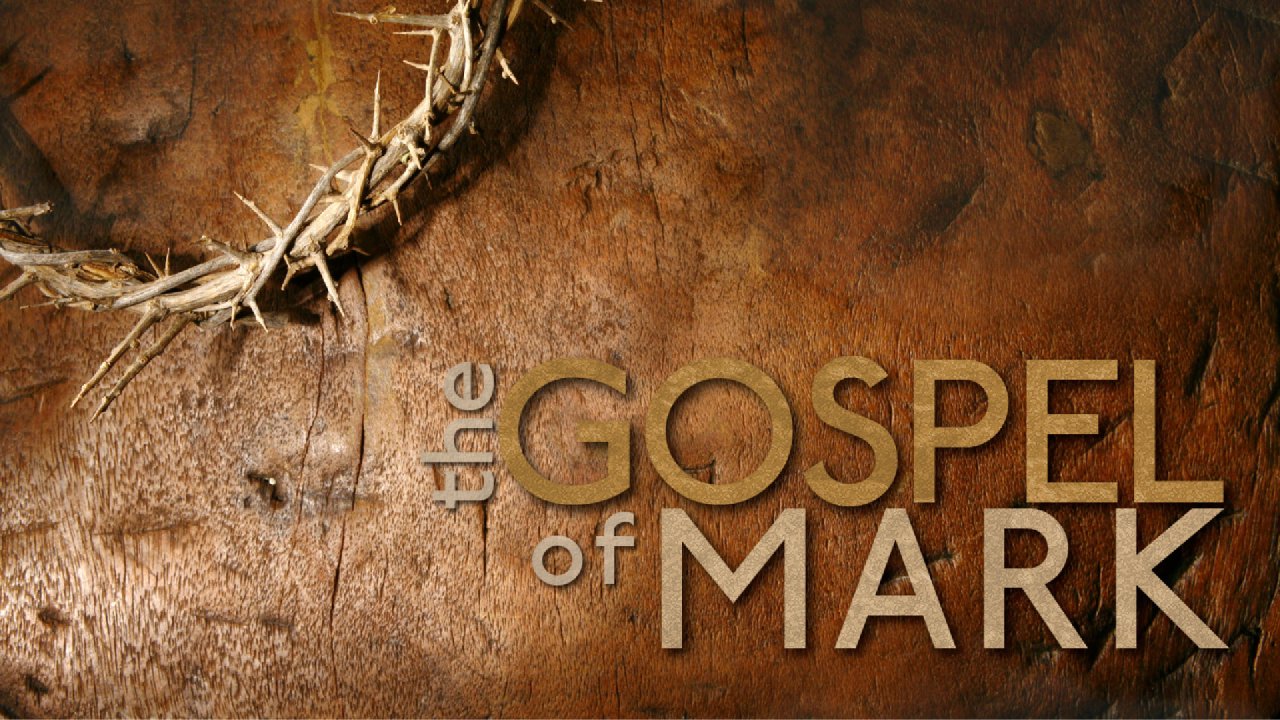We arrive at the five temple controversies found in Mark 11 and 12, where the religious leaders attempt to test (trap!) Jesus. They are in violent pursuit to destroy him.
In trap #1 (11:27-33), members of the Sanhedrin challenge his authority. And in trap #2 (12:13-17), the Pharisees and the Herodians question him about the lawfulness of paying taxes, thinking they’ve cornered him into a lose-lose situation. In both cases, Jesus turns their traps around on them, exposing their hypocrisy and ignorance. Ultimately, he turns their traps into important Kingdom lessons for both “them then” and “us today.”
Reflection question: In what ways do you recognize Jesus’ authority in your own life? In what ways are you fearing man more than you are fearing God?
Through the Parable of the Tenants (Mark 12:1-12), Jesus reveals that he comes by his Father’s authority. And unlike the prophecy in Isaiah 5, this parable ends with vindication and victory for his people. “The stone which the builders rejected has become the chief cornerstone!” (Psalm 118:22-23) God will not destroy the vineyard (his people), but instead destroy the “tenants” (the old religious system, the temple, the sacrificial system, the priesthood). It’s a parable of warning but also a parable of grace, that God would continue to send prophets to his people and ultimately send his own beloved Son to rescue and redeem us.
“The denarius belonged to Caesar because it had his image stamped on it. Caesar owned that denarius, but he didn’t own the people. As humans, we have the image of God stamped on us. We are made in HIS image. We must give to God what is rightfully his–our entire lives! We have a duty to the government, but we have an even greater duty to God, who has created us and redeemed us.” R.C. Sproul
Reflection: How can you balance patriotism to your country with ultimate devotion to God? In what ways are you clinging to the flag tighter than the cross?






